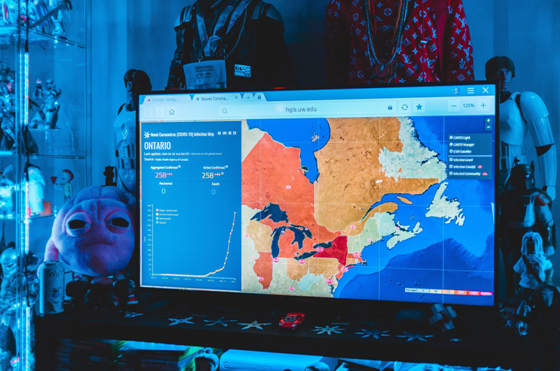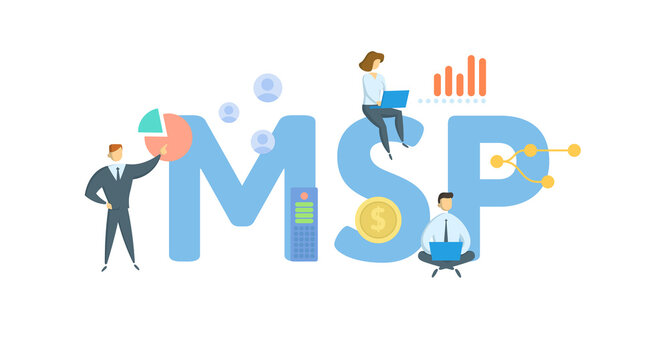What Is Firewall Security?
Updated on October 10, 2022, by Xcitium

Firewall Definition: In the computing world, the terminology firewall security refers to a network device that blocks certain kinds of network traffic.

What Does A Firewall Do?
Actually, it acts as a barrier between a trusted and an untrusted network. The firewall security wall can be compared to a physical firewall in the sense that firewall security tries to block the spread of computer attacks.
Today, businesses understand the need for firewall security, thereby they have firewall protection in place.
4 Different Types Of Firewall Security
There are four different types of firewalls, keep reading to know about the similarities and differences between the four basic types of firewalls:
- Packet filtering firewalls
The original type of firewall security is the Packet filtering firewalls which works inline at linking points where devices such as routers and switches do their work. It contains a list of firewall security rules that can stop traffic based on IP protocol, IP address and/or port number.
In other words, the Packet filtering firewalls compare each packet received to a set of established criteria. The troublesome Packets are flagged and are not forwarded and, therefore, are ceased to exist. On the brighter note, it better to have intrusion prevention in place alongside the firewall security to distinguish between regular web traffic and bad web traffic.
In an enterprise network, endpoint security or endpoint protection can be easily achieved using this.
2. Stateful inspection firewalls
The speciality of a Stateful firewall is that it examines each packet like the Packet filtering firewalls and also keeps a track of whether or not that the packet is part of that particular established TCP session. In comparison other firewall security this offers more security but imposes a greater toll on network performance.
3. Deep packet inspection firewall
The Deep packet inspection firewall which is similar to intrusion prevention technology, examines the data in the packet, and can, therefore, look at application layer attacks. Due to its similarity with intrusion prevention technology, it is obvious that it provides some of the same functionality.
4. Application-level gateways
Technically a proxy, it is sometimes referred to as a proxy firewall protection. The Application-level gateways comprise a few of the attributes of packet filtering firewalls with those of circuit-level gateways.
One noticeable disadvantage is that the gateways that filter at the application layer offer significant data security, but they can dramatically affect network performance.
5 Benefits Of Firewall Security
- Block attacks on your private network forced by other networks
- Define a funnel and set-aside the non-authorized users.
- Let firewall security monitor the network and computer and when questionable activity befalls, it will automatically generate an alarm.
- Monitor and document services using FTP (File Transfer Protocol), WWW (World Wide Web), and other protocols.
- Control the use of the Internet. Simply block inappropriate content.
Endpoint Firewall Protection
Xcitium Endpoint Firewall Protection is the best choice that you have to watch-on and control all the network connections. It enables you to block or allow the traffic according to the rules configured. Further, it successfully deploys the detection and blocking rules required to oversee intrusions and network virus attacks that Trojans employ to infect.
Xcitium Firewall is offered in the Xcitium Endpoint Security Manager suite, beside the antivirus protection and centralized management. Matousec – a project run by a group of security experts who are focused on improving the security of end-users tested 33 PC firewalls, including Xcitium Internet Security, each with 84 different tests. For the first time ever, a PC Security product has attained a perfect score, defending PCs against all proactive security challenges. We invite you to test it for yourself by downloading the endpoint protection on five Endpoints for free!












